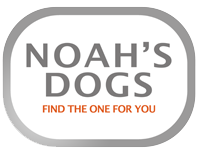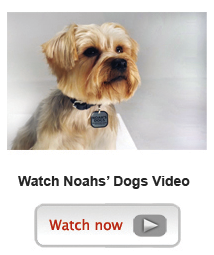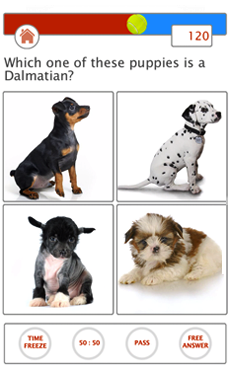Pharaoh Hound
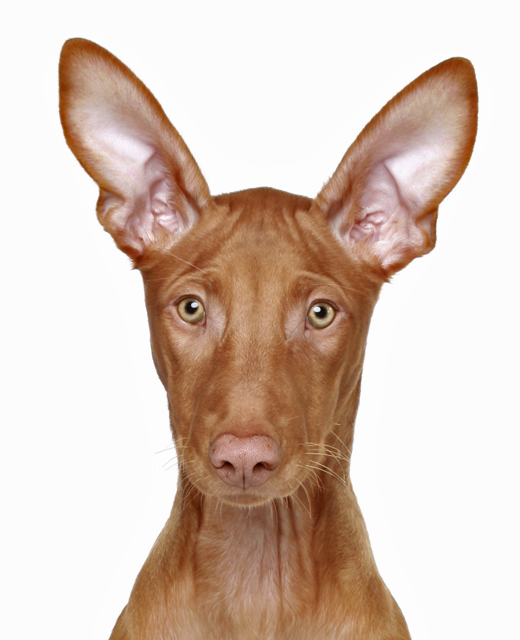
In my own words
I’m very proud to say that I’m a Pharaoh Hound, do you want to know why? Because my family history goes back thousands and thousands of years… all the way back to Ancient Egypt! Get this; my ancestors were the first breed of domesticated dog. How cool is that? I’ve got a lot of history, you know.
It’s funny though, despite the fact that we’ve been around for such a long time it’s only been recently that people have started to take notice of us! I reckon that with a bit of time, we’re going to become really popular though. After all, I’ve got a lot going for me. Not only am I a brilliant hunter (some people call me the rabbit dog, you know), I’m a swell family pet too. I get on with kids like a house on fire and I love including myself with all the family activities. Spending time with my humans is one of my favourite things to do. I don’t know what I’d do without all their love and attention!
My ideal owner(s)
Families with children
Couples
Active people
Experienced dog owners
People who are patient and calm
What they say about me
Intelligent
Polite
Gentle
Companion
Vocal
Please read on to find out more about me, and whether I’ll be someone you’ll be happy to live with for the next 14 years!
Is this Pharaoh Hound for you?
Test your knowledge about the Pharaoh Hound
Information essential about the Pharaoh Hound
Kennel Club Group:
Hound
Size:
Medium: Weight Male 51 – 55 lb (23- 25 kg) Female 44 – 51 lb (20 – 23 kg)
Height Male 22 – 25” (56 – 62 cm) Female 21 – 24” (53 – 61 cm)
Popularity:
The Pharaoh Hound may be an ancient breed of dog, but it has only been in the last 50 years that the breed has received global recognition. It wasn’t until the 1960s that the Pharaoh Hound became better known in the UK, and it has been slowly rising in popularity ever since. However, it is still an unheard of breed for many people and is therefore not a popular dog.
Breed History:
The Pharaoh Hound is the oldest breed of domesticated dog. Evidence of dogs that look similar to the Pharaoh Hound has been found in Egypt’s Nile Valley, dating back from approximately 4000 BC. Is thought that during Ancient Egyptian times, sight hounds were commonly traded by the Phoenicians and were left to breed naturally on isolated islands for hundreds of years. During 1000 BC, the island of Malta was populated by the Phoenicians, who brought along their sight hounds. It is from here that today’s Pharaoh Hound is thought to originate from.
The Pharaoh Hound has been bred for thousands of years to create a dog which is skilled at hunting, as well as being a companion animal. The breed is particularly adept at hunting small game and for this reason it is sometimes called the ‘rabbit dog’.
Despite being an ancient breed, the Pharaoh Hound was not introduced to Britain until the 1930s, and they did not receive much attention or recognition until thirty years later, in the sixties.
Character:
Your Pharaoh Hound strikes the perfect balance between a companion animal and a sporting dog. He is independent, loves to run and thrives on a good amount of physical stimulation, but is also quiet, patient and content. His desire to hunt means that he has a huge amount of stamina. You’re more likely to get tired on a walk with your Pharaoh Hound before he shows any signs of slowing down. A brilliant breed with children, your Pharaoh Hound is a wonderful pet for families as he is gentle and incredibly loyal. Your Pharaoh Hound can be a bit wary of strangers, but will soon warm up to them once he realises they can be trusted. It’s important to socialise your Pharaoh Hound from an early age so that he knows not to be too timid when meeting new people or other dogs.
Temperament:
Your Pharaoh Hound is very much a companion animal and is not well suited to life as a kennel dog or a pet that is left alone all day. All he wants is to be close to you; he loves to be near his owner at every opportunity. While he loves to run and hunt, your Pharaoh Hound is a loyal and obedient dog who, despite his inbred instinct to hunt and chase, has a good recall and will return to you when you ask him to. Their intelligence and willingness to please make Pharaoh Hounds highly trainable, and they excel in agility and competitive obedience. However, he also has a very independent nature and can run rings around his owner if they aren’t on the ball. They always seem to be one step ahead of their owners, so they need a patient owner who can handle their wilful, sometimes mischievous streak.
Conformation:
The Pharaoh Hound is an incredibly athletic and beautiful looking breed. The medium sized dogs’ most striking feature is their large, erect ears which are broad and set medium high. The eyes should be oval shaped with an amber hue. A long, lean head, which has a wedge shape when seen from above, features strong, powerful jaws which meet in a scissor bite. There should be a long, svelte neck with a slight arch, a deep chest with well-sprung ribs and a thin, high tail which curves when the dog is active. Pharaoh Hounds have a special trait as they blush when they are excited or very happy; the noses and ears turn a pink colour. The coat is short and glossy and can be anything between very fine to slightly coarse.
Colour:
The Pharaoh Hound can vary in colour from tan to a rich tan and they may have a small amount of white on the tip of the tail, toes, face or chest.
Training:
The Pharaoh Hound needs an owner that will be fair, firm and consistent with their training. They are very sensitive to the tone of your voice, so will become stressed and upset if harsh or severe training methods are used. They are prone to being timid animals, so it’s very important to speak calmly to your Pharaoh Hound. However, with the right owner and positive training, your Pharaoh Hound is easily trained and will do well in obedience
Care:
An average shedder, your Pharaoh Hound is an incredibly easy dog to groom and wonderfully low maintenance. He’ll occasionally need brushing with a rubber brush in order to remove loose and dead hair. They are naturally very clean dogs and don’t require frequent bathing – just bathe him when necessary.
Health:
A relatively healthy and hardy breed, the Pharaoh Hound’s only major health issue is Patella Luxation. Thankfully, due to careful breeding this is now quite rare among Pharaoh Hounds, however you should always check your dog or puppies family history for signs of the problem. The average life expectancy of a Pharaoh Hound is 14 years.
You may also like:
If you like Pharaoh Hounds, you may be interested in breeds of the same size »
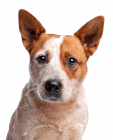



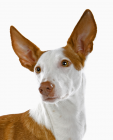
If you like Pharaoh Hounds, you may like other breeds with similar characteristics »

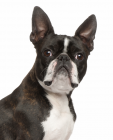
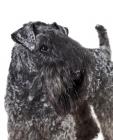
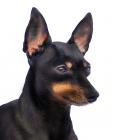

If you like Pharaoh Hounds, you may be interested in these other hound dogs »
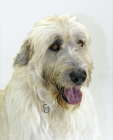


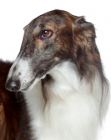
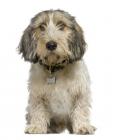
Advice on choosing your breed »
Find an animal shelter or rescue home where a Pharaoh Hound is waiting for a new home »
The following grid gives a fast track review which covers all breeds. You can apply it to help you decide if a Pharaoh Hound is suitable for you, the environment where you live, your personality and your lifestyle. On the grid, 1 = strongly disagree, and 5 = strongly agree. For example, if you are looking for a dog that doesn’t need much grooming, look down the list under ‘grooming’ and you will see that Pharaoh Hounds are need very little grooming, scoring 1. If you are looking for a dog that would make a good family dog, look under ‘role and suitability’ and you’ll see a Pharaoh Hound would be an excellent choice, scoring 5 under ‘suitable for family with children’. You might like to save or print off this section and keep it for reference while you check some other breeds before making your choice.
Be the first to rate this breed »
|
*PLEASE NOTE: All our breed profiles are general, and all dogs are individuals. Always talk to the breeders and meet the owners you are buying from. Try to meet the dog and its parents if it is a puppy in their home environment.
